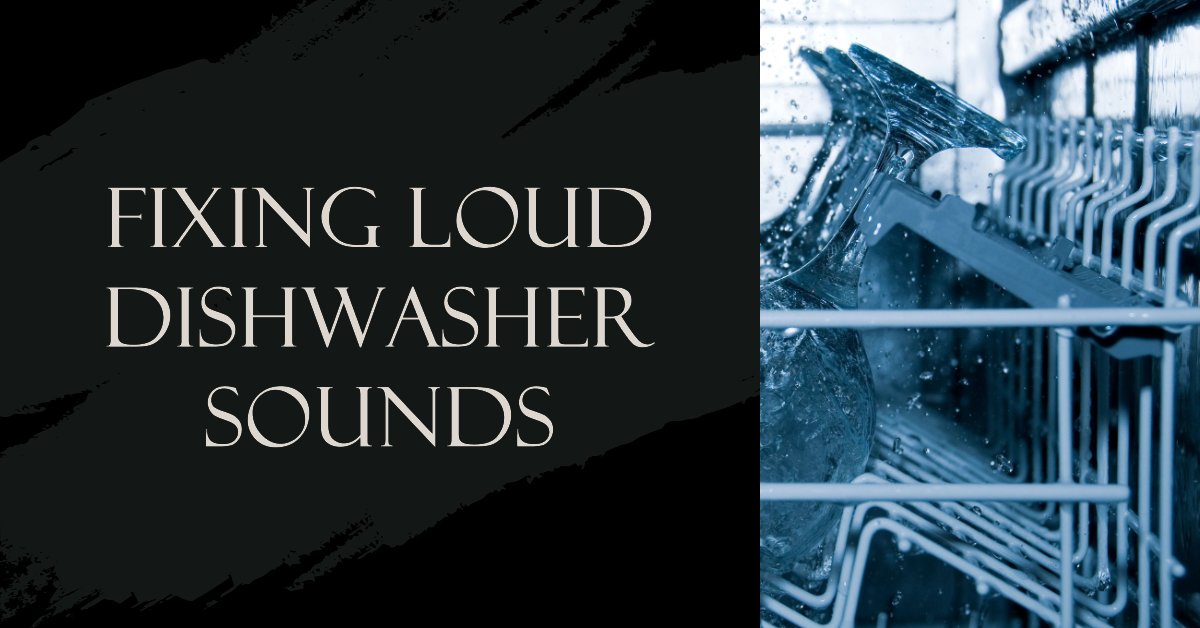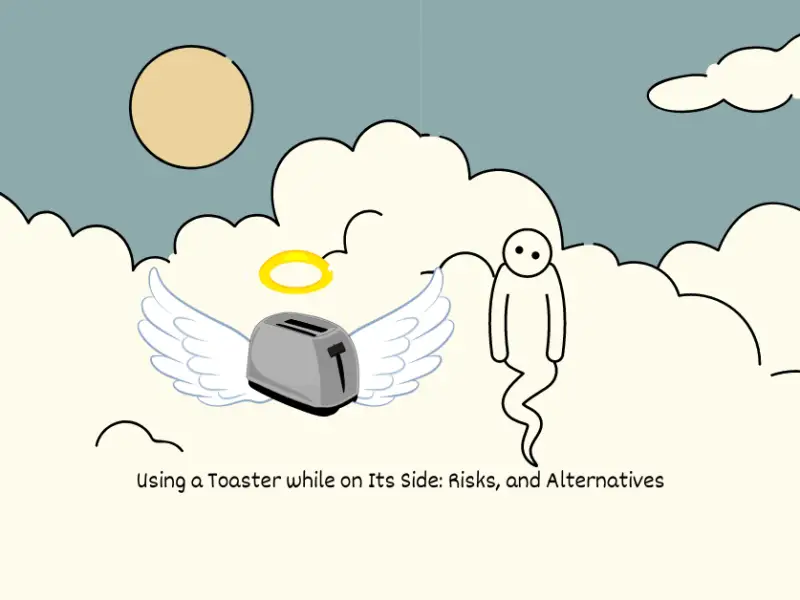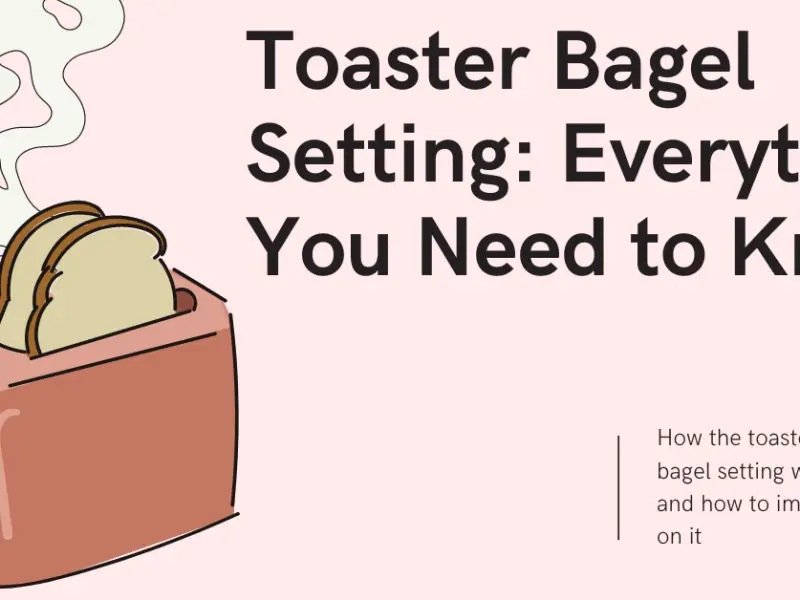I am a well-rounded expert with proficiency in several fields. My experience spans from being a dedicated chef and homemaker. As a passionate homesteader, I’ve honed my skills in sustainable living and animal care, ensuring a holistic approach to everything I undertake. Email me or Txt: (# removed due to spam, please email)
A dishwasher is a valuable appliance in any modern kitchen, making cleaning and sanitizing dishes more efficient and convenient. However, it can be frustrating when your dishwasher starts making loud, unexpected noises that disrupt the peaceful atmosphere of your home.
By understanding the causes of dishwasher noise and learning how to address them, you can restore the quiet operation of your appliance and improve your overall kitchen experience.
In this article, we will explore the common reasons behind dishwasher noises, including buzzing and grinding sounds and provide you with solutions to fix a noisy dishwasher and prevent future issues.

Understanding Noises in Dishwashers
Types of dishwasher noises
- Buzzing noise: A buzzing noise is common during the operation of a dishwasher. This sound is typically produced by the water flow or the motor’s normal function. While it may be noticeable, it’s usually not a cause for concern.
- Grinding noise: A grinding noise in a dishwasher may indicate a problem, such as debris caught in the motor or pump, or a worn-out component. Addressing these issues early on can prevent further damage to the appliance.
- Humming and other common sounds: Humming sounds often originate from the dishwasher’s motor or pump. These noises are generally normal during operation, although excessively loud humming may warrant further investigation.
Common causes of dishwasher noise
- Pump issues: The drain pump and circulation pump can cause noise when they malfunction or become clogged with debris. Regularly checking and cleaning these pumps can help maintain optimal performance and reduce noise.
- Spray arm interference: Spray arms that are loose, damaged, or obstructed by dishes can create unusual noises during operation. Ensure that the spray arms are securely in place and not obstructed to minimize noise.
- Inlet valve problems: A malfunctioning or clogged inlet valve can cause a dishwasher to make loud or unusual sounds. If you suspect an issue with the inlet valve, consult a professional for diagnosis and repair.
- Debris and clogs: Debris and clogs in the dishwasher can lead to loud or strange noises. Regularly cleaning the dishwasher and removing any debris can help prevent these problems and reduce noise.

Dishwasher Noise Troubleshooting and Solutions
How to quiet a noisy dishwasher
- Checking and cleaning filters: Dirty or clogged filters can contribute to dishwasher noise. Regularly clean and inspect the filters to ensure optimal performance and a quieter operation.
- Inspecting and adjusting spray arms: Loose or obstructed spray arms can cause noise during the wash cycle. Inspect and adjust the spray arms as needed to minimize noise and ensure proper cleaning.
- Examining the drain pump and circulation pump: Checking the drain pump and circulation pump for debris or damage can help reduce noise and improve the dishwasher’s performance.
How to fix a noisy dishwasher door
- Adjusting the door latch: A misaligned door latch can create noise when opening or closing the dishwasher door. Adjust the latch as needed to ensure a snug fit and reduce noise.
- Adding insulation or padding: If the dishwasher door is particularly noisy, consider adding insulation or padding to dampen the sound.
Dishwasher noise reduction techniques
- Regular maintenance and cleaning: Routine maintenance and cleaning can help prevent noise issues and ensure your dishwasher operates efficiently.
- Proper loading of dishes: Loading dishes correctly can minimize noise and improve the dishwasher’s performance. Avoid overloading and ensure that dishes are not touching or obstructing the spray arms.
- Checking for loose or worn parts: Inspect your dishwasher regularly for any loose or worn components, as these can contribute to noise issues. Replace or repair any damaged parts as necessary.

Dishwasher Noise Level Comparison and Considerations
Dishwasher noise level comparison
- Standard dishwasher noise levels: Most dishwashers operate within a range of 45 to 60 decibels, which is generally considered acceptable for most households.
- Quiet dishwasher models: Some dishwasher models are designed to be exceptionally quiet, operating at 40 decibels or lower. These models are ideal for open-concept kitchens or households where noise reduction is a priority.
When to call a professional for dishwasher repair
- Persistent or worsening noise issues: If you’ve tried troubleshooting and addressing the potential causes of dishwasher noise, but the problem persists or worsens, it’s time to consult a professional for repair.
- Unfamiliar or alarming sounds: If your dishwasher starts making unfamiliar or alarming sounds, such as loud grinding or banging, it’s best to call a professional to diagnose and address the issue.
- Indications of a malfunction: If the dishwasher is not cleaning properly, leaking, or exhibiting other signs of malfunction, along with increased noise, professional repair may be necessary.

Conclusion
While dishwashers naturally make some noise during operation, certain sounds may indicate an underlying issue.
By understanding the common causes of dishwasher noise, regularly maintaining your appliance, and troubleshooting when necessary, you can help ensure your dishwasher runs efficiently and quietly.
If you encounter persistent or worsening noise issues, it’s essential to consult a professional for repair. By addressing these issues early, you can extend the life of your dishwasher and enjoy a quieter, more efficient kitchen appliance.




